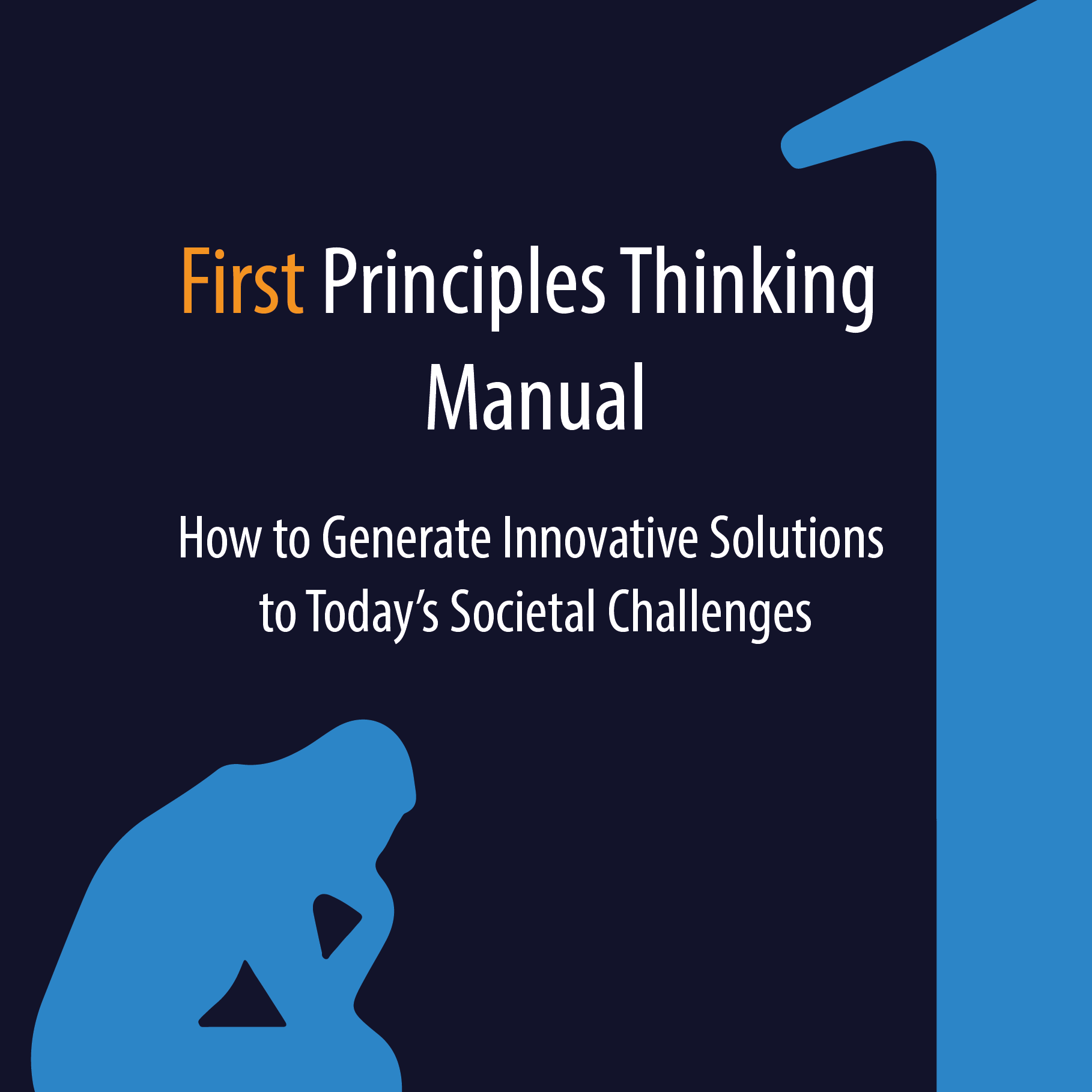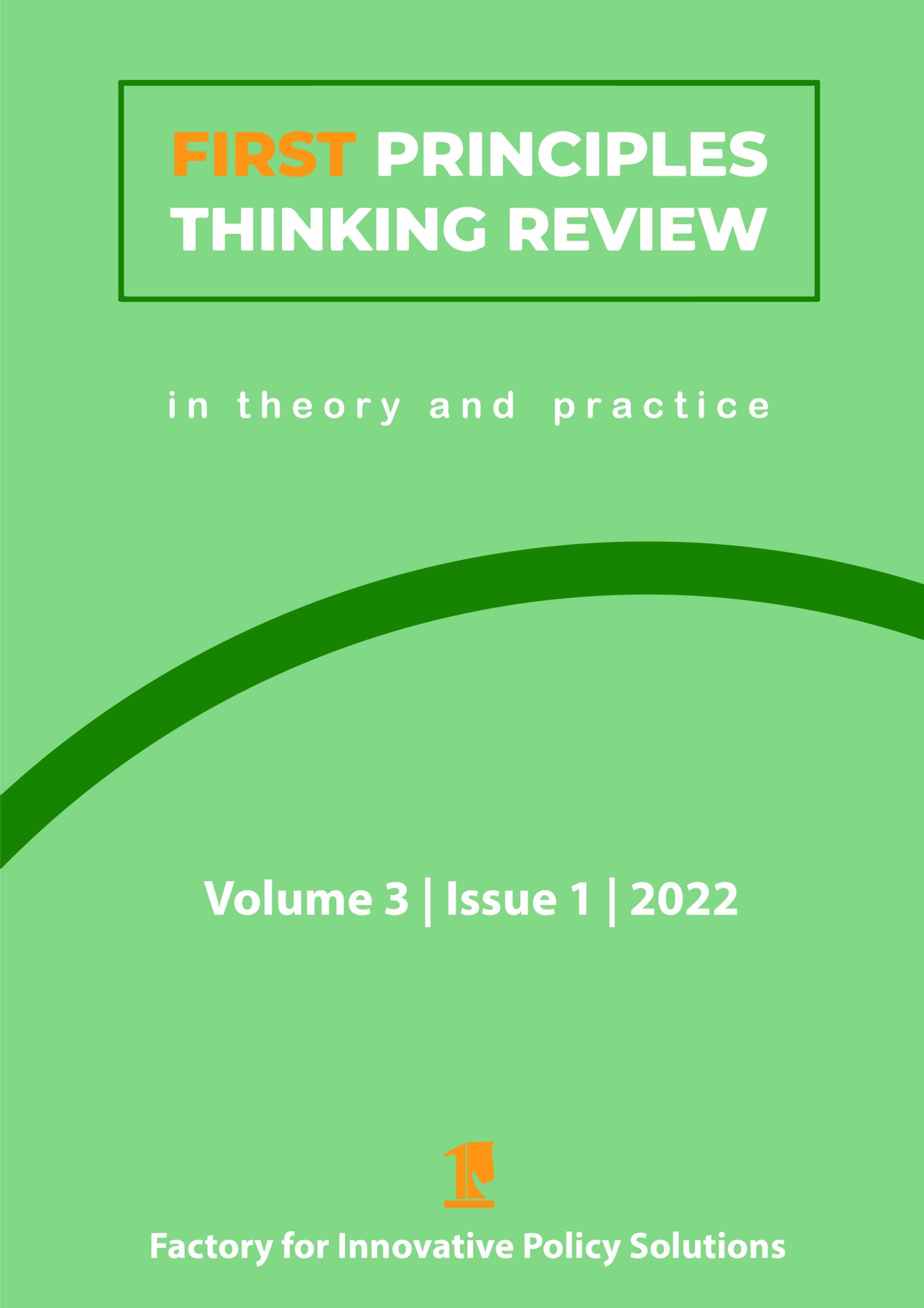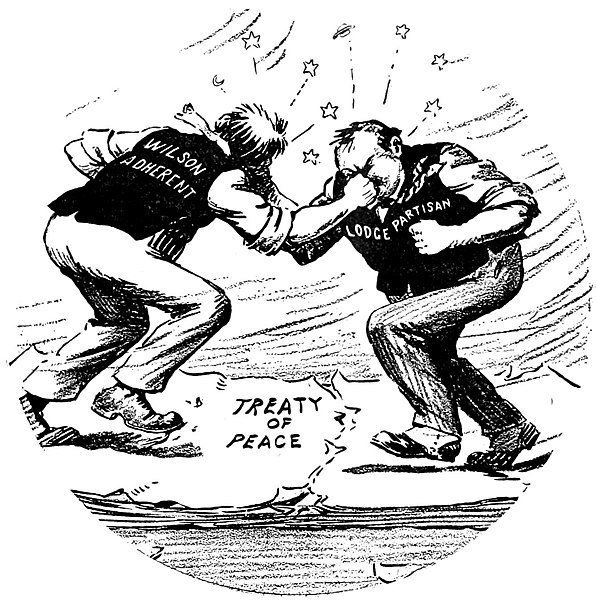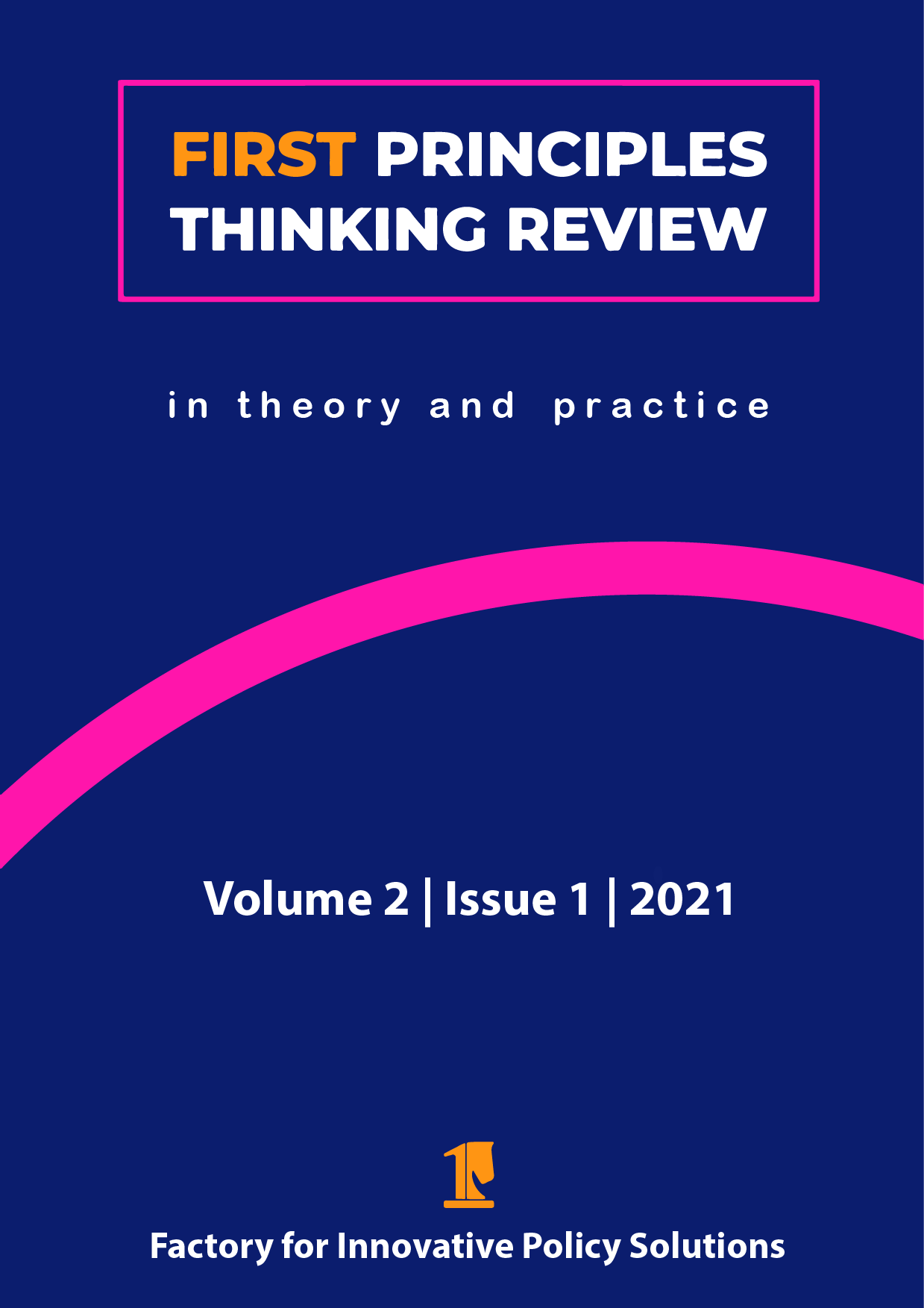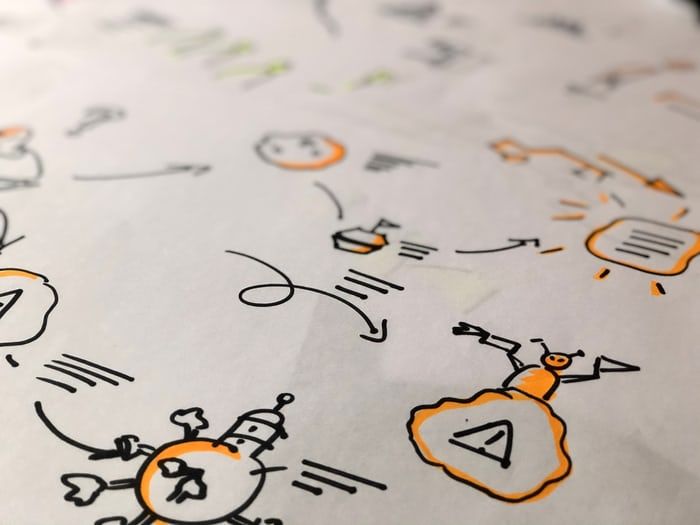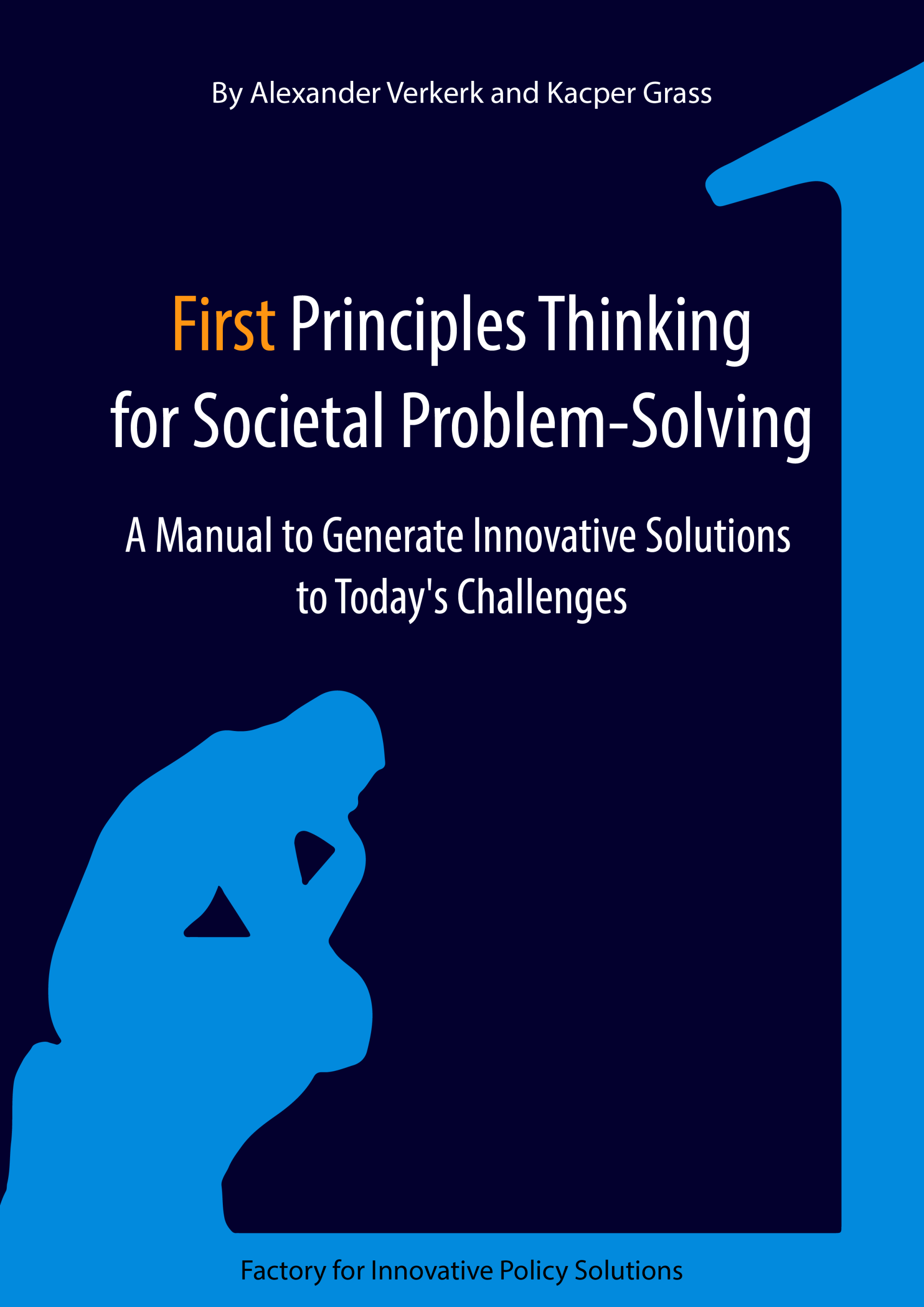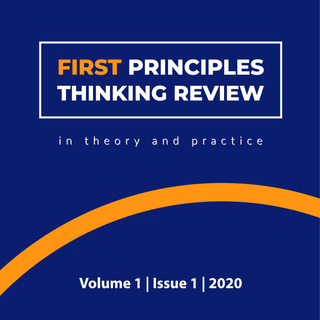FIPS Releases its Manual 'First Principles Thinking for Societal Problem-Solving'
Get a Free Copy
In our aspiration to tailor first principles thinking to societal challenges and make it attractive for you to apply, we have crafted the manual 'First Principles Thinking for Societal Problem-Solving'. With 60 pages containing theoretical insights, practical examples and smart PDF boxes to write in, you learn and apply at the same time!
On the occassion of the one-year anniversary of the Factory for Innovative Policy Solutions, we make it available free of charge until the end of November 2019! Better yet, we will send it to you. Just sign up for our newsletter and get your copy at our homepage: www.innovativepolicysolutions.org. If you'd like to see the promotional version first, you can download it here.
The Manual's Foreword
From its founding, the Factory for Innovative Policy Solutions (FIPS) has seen itself as an international and inter-disciplinary working group, inclusive to all thinkers who are passionate about confronting societal challenges, no matter their academic or professional backgrounds. In fact, we believe that such a diversity in knowledge, skills and experience is necessary for addressing the complex challenges of an increasingly globalised and rapidly changing world. For innovative thinkers, no problem is off the agenda and no solution is off the table. Founded on these beliefs, and realising that traditional problem-solving methods alone are not always effective in confronting all of today’s societal challenges, FIPS first needed to be equipped with a set of appropriately innovative problem-solving tools to produce the solutions we wish to deliver to those in a position to implement them and bring about societal change. The tools adopted for this task came in the form of first principles thinking, an approach to problem-solving that, although rooted in centuries of philosophical thought, remains under-developed and under-valued in the various fields that constitute contemporary public policy.
First principles thinking, unlike other problem-solving methods that emphasise thinking by analogy or continuing the work of others, requires the problem-solver to question everything he or she knows about the problem at hand and start searching for solutions from scratch—from the very first principles. In order to apply first principles thinking to its own work with societal challenges, FIPS drew inspiration from a wide range of other methodologies and techniques to create a process for developing innovative solutions that was both practical and systematic. What follows is an actionable, step-by-step manual accessible to anyone who is passionate and serious about finding solutions to societal challenges, no matter how great or intimidating they may appear initially. The steps outlined in this manual are intended to illustrate an application of first principles thinking that has served us in our work, but they need not be regarded as a “recipe” to be accepted by all problem-solvers equally or applied to every societal challenge uniformly. As every person thinks and works differently, we encourage you to experiment with various applications of the information found in this manual and use it to find an approach to problem-solving that is most suitable for you.
That being said, neither creative genius nor prior experience with societal problem-solving are required in order to benefit from the contents of this manual, and there is no set profile for the successful first principles thinker. Indeed, first principles thinking can be mastered and applied by anyone: students and professors, scientists and scholars, policymakers and philosophers as well as entrepreneurs or professionals from all fields and walks of life. All that is necessary is a passion for a problem to be tackled, an open and inquisitive mindset, and the dedication to commit until innovative solutions are produced. If you believe that these qualities describe you, then we invite you to begin your journey to become a first principles thinker.
Apply first principles thinking yourself?
Would you like to apply first principles thinking yourself and have your problem-solving experience published in the First Principles Thinking Review? Then be sure to check out the submission guidelines and send us your rough idea or topic proposal. Our editorial team would be happy to work with you to turn that idea into an article.
Share this page
Disclaimer : The views, thoughts and opinions expressed in submissions published by FIPS reflect those of the authors and do not necessarily reflect the views held by FIPS, the FIPS team or the authors' employer.
Copyrights : You are more than welcome to share this article. If you want to use this material, for example when writing an article of your own, keep in mind that we use cc license BY-NC-SA. Learn more about the cc license here .
What's new?
